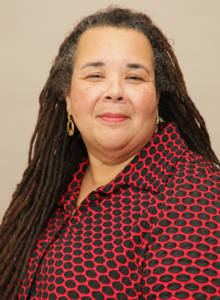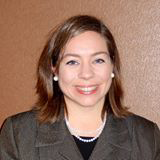Teaching, Religion, Politics
Welcome to the Wabash Center's blog series: Teaching, Religion, Politics
Posts from 2016 to 2018
Current events have pressed the conversation about teaching religion and politics to the foreground in many classrooms across higher education. The Wabash Center is seeking to be responsive to the need for faculty conversation about this topic and to provide resources for teaching religion and politics in contemporary higher education classrooms.
Sign-up to receive email alerts when new blogs are posted
Follow us on Twitter and Facebook to receive announcements of new postings.
Sign up for our eNewsletter to receive timely announcements of Wabash Center programs.
Select an item by clicking its checkbox
Mr. Sosnow, my fourth-grade teacher, interrupted the class as we copied our homework assignments into our black-and-white marble composition books from the chalkboard. With a sly look in his eye, Mr. Sosnow informed the class that he had a special homework assignment for us. He instructed us that by tomorrow, ...
Is my teaching good enough? Is your teaching good enough? I believe that good enough teaching and learning are practices of radical hospitality that are needed more than ever today in a political climate of American exceptionalism, increasingly divisive civil discourse, and passionate if conflicting longings to be “great.” While ...
Exposing and disrupting the values which perpetuate white normativity puts a strain on the adult classroom. Individualism is a cornerstone value of whiteness and patriarchy. As persons committed to the flimsy lie of pulling oneself up by the bootstraps, too many students believe that education is best attempted alone. Conforming ...
Like Teresa Delgado I’ve composed and deleted several versions of this post. My first draft, started several weeks ago, reflected on how we talk about race, violence, and nationalism post-Charlottesville. I wanted to add my voice to the many inspiring people who have found ways to incorporate discussions of ...
Every semester I stand in front of my classes at my predominantly white state university and argue, “whiteness came into being through more than five hundred years of dominant cultural narratives undergirded by [white] Christianity, laws, and sciences which have proclaimed the innate inferiority of those outside dominant white culture.” ...



